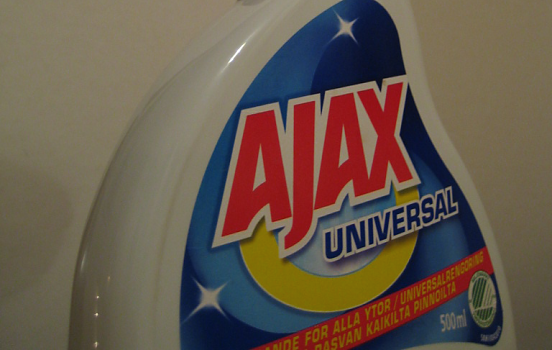This morning I read an article which accuses Swedish web sites of being outdated since they’re not using “new” technologies such as Ajax.
However, Ajax is not exactly new, since the technology has been around since 1998. It’s very hyped at the moment, but that is a completely different thing. It’s just “web standards with a little Microsoft stuff thrown in”, as Zeldman recently put it.
Why should a plain information site use Ajax in the first place? The bad impact on usability should not be neglected. Swedish web sites have in general got quite far in the process of making public service sites accessible. People with disabilities or non-mainstream platforms must never be shut out. Blindly introducing Ajax on each and every site out there could be an easy way to stop people from reaching vital information.
The articles makes heavy notion of web-based map services, which is one of the best examples of sites that get an enhanced user experience with Ajax. But the number of sites with map-related content is quite low.
Instead of jumping on the Ajax hype bandwagon, it would be a good idea to first examine the purpose and audience of a site. Proper usage of Ajax technology could be the cherry on top. Just make sure to know the difference between graceful degradation and progressive enhancement.
Ajax can be a great technology when applied in a proper manner. For instance, have a look at the latest version of Windows Live Local. They stuffed a van with ten cameras and drove along the streets of San Francisco and Seattle, capturing over 10 million images for each city. Try the walk mode and feel the breeze of the Bay area. Just type in “starbucks” in the search field and the coffee houses will be overlayed on the map.
Other Ajax examples includes the mail application GMail and the auto-complete functtion of search engine Google suggest (one of the first examples which I mentioned some hears ago, before the name Ajax was invented and the hype started).
 Ajax – now 10 percent more efficient than the competition.
Ajax – now 10 percent more efficient than the competition.
Read more about the issue in Roger’s post Sveriges bästa webbplatser inte så bra, Ignorant Swedish tech hype by Robert Nyman, Webben är inte öppen för alla from Ny Teknik or why not even the Computer Sweden article Offentliga webbplatser håller inte måttet. It seems that the lack of Ajax is not really the main problem.
Related posts
4 comments
Leave a reply